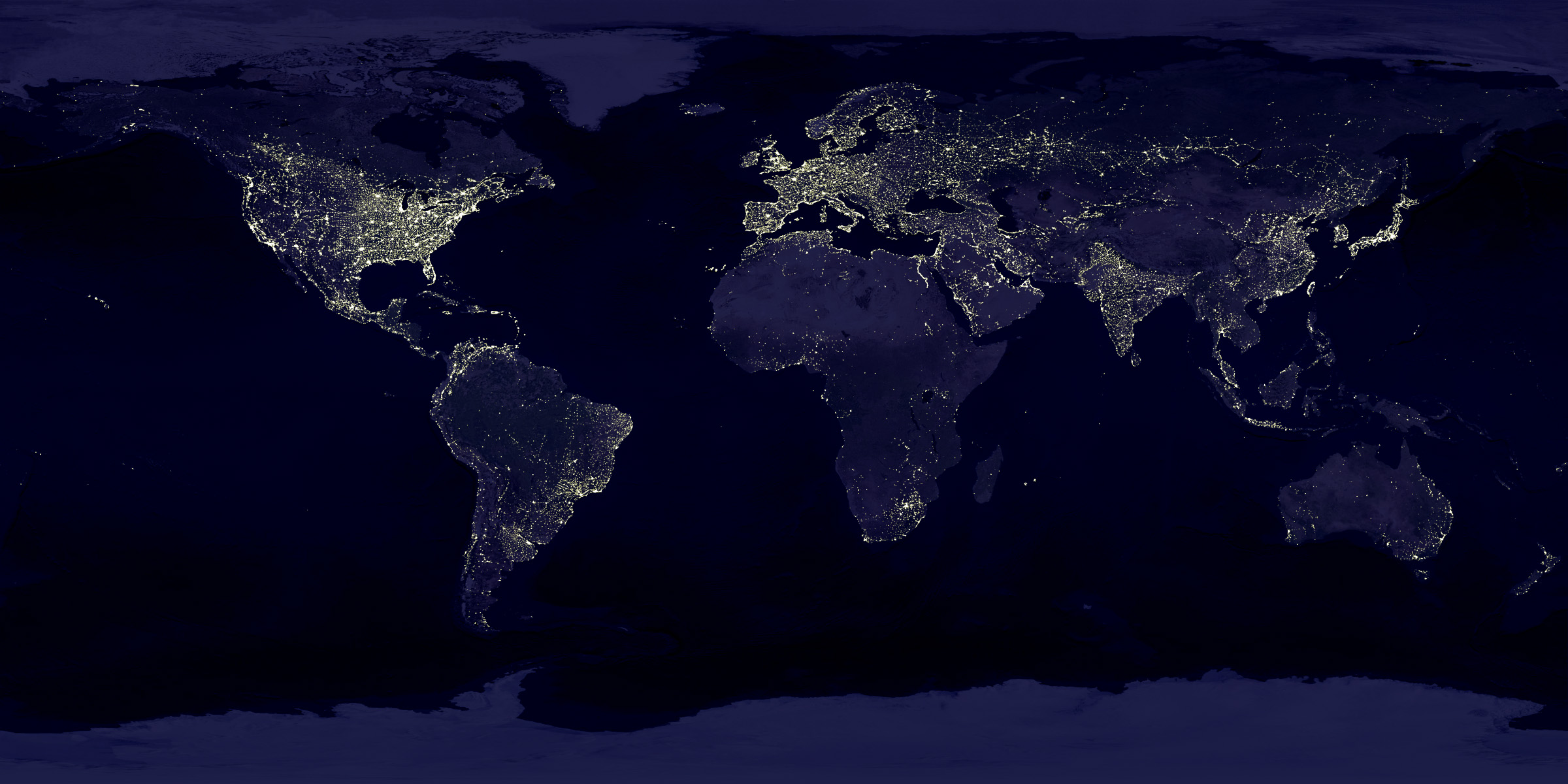The right kind of recovery
EVERY FEW decades in the 20th century the relationship between the state and the individual was reforged in the fire of crisis. Liberal reformers in Britain won the election of 1906 amid a loss of confidence in conservatism. In America the 1930s depression was followed by the New Deal. The second world war preceded the trente glorieuses, never-had-it-so-good Keynesianism, the expansion of welfare states and government-guaranteed full employment. In the 1980s Ronald Reagan and Margaret Thatcher banished stagflation and statism with a philosophy of individualism and economic discipline that gave birth to third-way politics.
Before covid-19 the big economic shocks of the 21st century—the rise of China, technological advances and the financial crisis—had not led to any such change. Many voters felt they had lost control to nameless forces. The gains from growth were insufficiently spread, and most governments did not think about how to ease the blows faced by people and places on the losing side of change. That the financial crisis led to incremental not fundamental reform might have been defensible, had it not been followed by too rapid a tightening of fiscal and monetary policies.
The result was a wave of angry politics. In many countries older voters are nostalgic for an economy that, whatever...























